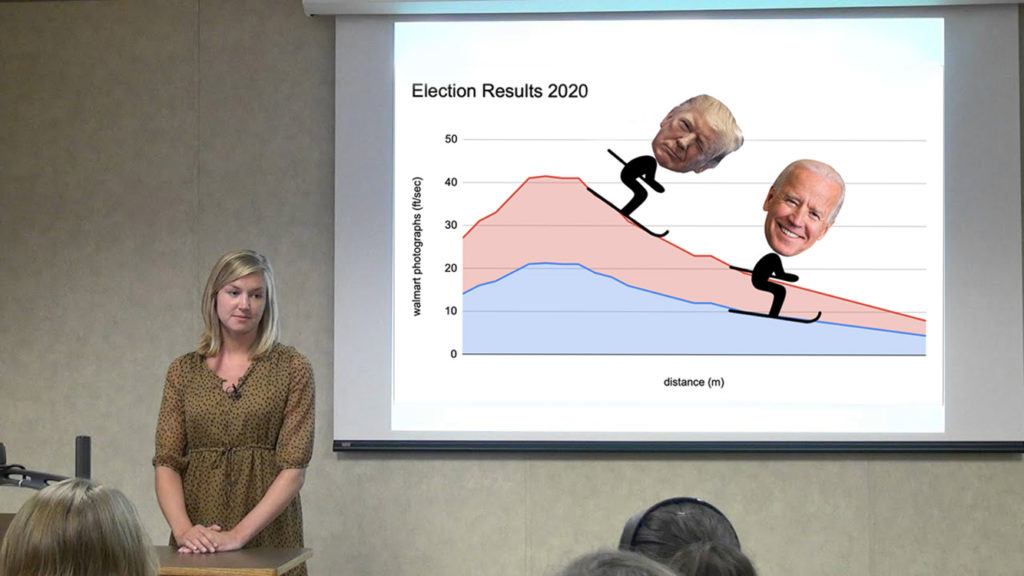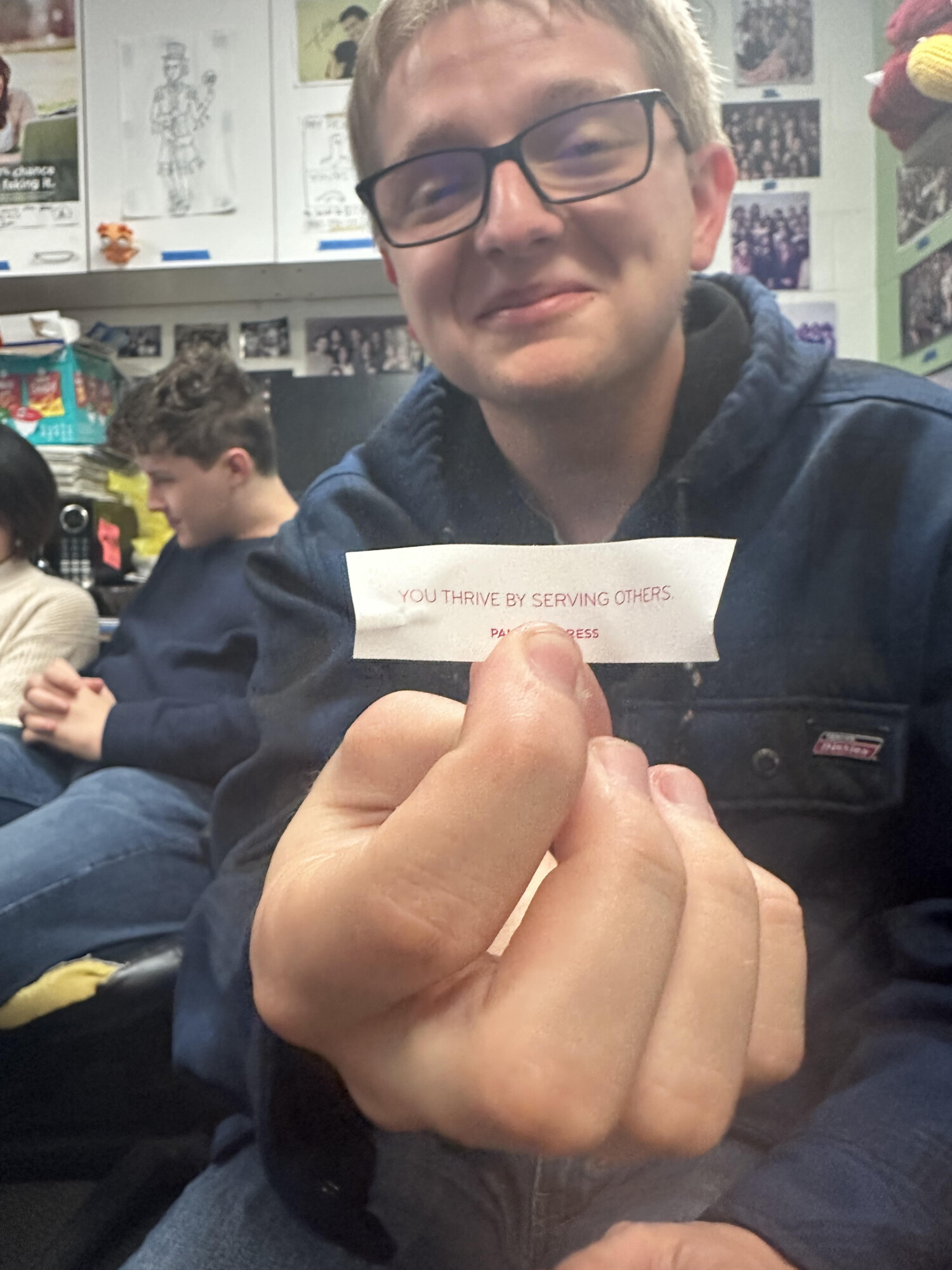
Drawing arbitrary lines was easy for the Republicans after all their practice gerrymandering.
Photo by Sharon Roth
Due to the “uncertainty” in the results of the recent presidential elections, the United States Congress announced a radical decision to determine the results by applying a curve to the popular vote results due to the 50 percent average between the candidates. “We invited the best professors from Harvard, Carnegie Mellon, and PragerU to help us figure out this conundrum,” said government statistician Hillary Wright. “We believe that their academic and educational experience will definitely be helpful in determining the outcome of this election.”
The strategy will be implemented by the special committee on “Electing with Integrity.” As clarified by Wright, the committee will develop a curving system that will be applied to the result of each candidate, thus helping to determine the winner. As a response, many political experts in the United States expressed their concern with such an approach to counting votes.
“This doesn’t make sense,” said Will Trenton, a statistician who maintains “The Counter,” a political blog-style Twitter page. “What they will end up doing is making the two leading candidates each have around 70 percent of the votes, which is literally impossible. I don’t understand what they are trying to prove here.”
Wright, as well as many other government officials, criticized the words of Trenton, claiming that the method “does not need to reflect the fact that there can’t be more than 100% in the sum of the candidates votes, just as the representation of the Senate does not need to reflect the will of the people.”
“After all, when has the popular vote ever mattered in the elections?” Wright tweeted in response to Trenton. “As the popular vote doesn’t matter, we can come up with any number to keep the average at 70 percent.”
As a response to the curve, statistics website FiveEightyThree developed a computer model to try to predict the winner of the elections using the curve. In 97 out of 100 simulations, the winner was determined to be a member of the Gamer Party, which only got 0.2% of the popular vote. “We don’t really understand how this works, but if this is what the Congress wants, I don’t think we have a better choice, or really any choice at all,” said Trenton in his blog.
Congress also announced the plans to integrate the “Electing with Integrity” committee into the Electoral College and introduce a completely new election process: the voters would be required to use iClickers to cast their votes, while the candidates would be allowed to drop 3 states with the lowest amount of electoral votes they received.











